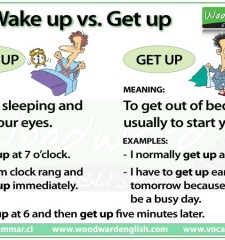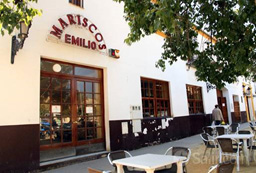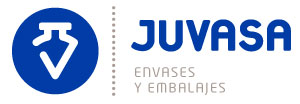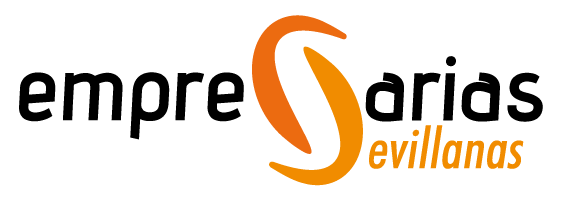Phrasal Verbs
Why are phrasal verbs so important? Why can’t I just use a different verb? Why should I study phrasal verbs?
Phrasal verbs are a very common part of the English language. There are thousands of phrasal verbs – and they just can’t be avoided. Learning about phrasal verbs and learning some of the most common ones is a really good way to make yourself sound more natural when speaking informal English.
This workshop helps learners to understand what phrasal verbs are, gives practice through hands-on learning and presents the phrasal verbs in an easy to understand context.
Do you often write or receive emails? Are you familiar with the following expression?:
I look forward to your visit
I look forward to receiving the information
I look forward to hearing from you
To look forward to = anticipate
But did you also know that “to look forward to” is a transitive verb and needs an object? If the object is another verb, you must use the gerund form (verb + ing : receiving / hearing from)
Did you know that “to run into” and “to come across” are both phrasal verbs that mean “to find by chance”?
However, “to run into” is when we meet people unexpectedly and “to come across” is to find a document or paper unexpectedly.
You can’t “come across a person” and you can’t “run into a document” – even though both seem to have a similar meaning.
Many phrasal verbs are polysemous – which means that the same phrasal verb can often have various different meanings.
Let’s look at the phrasal verb “to put down” – it can mean three different things depending on the context:
to make someone feel small, to criticize and humiliate them
He is always putting her down. It’s almost a form of domestic abuse.
to sacrifice an animal.
My dog got really sick and was suffering terribly. I had the vet put him down.
to stop / put an end to
The police put down the riots with unnecessary brutality.
